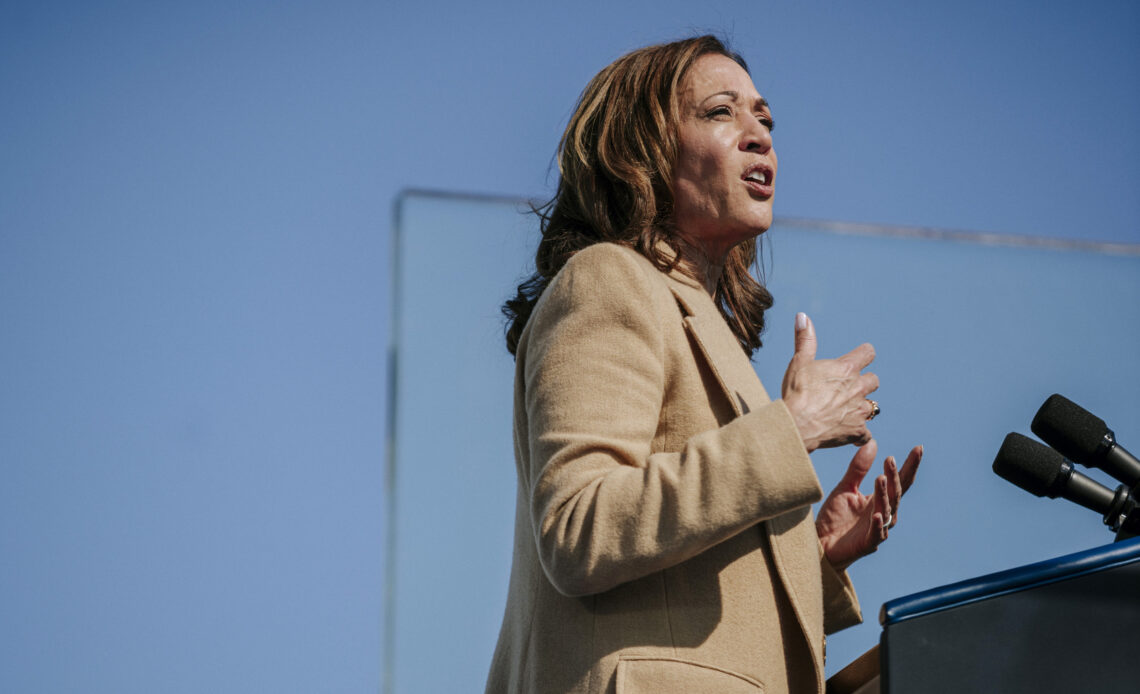In a recent poll by America’s premier small-business advocate—Job Creators Network—Vice President Kamala Harris trails former President Donald Trump by 12 points with the 30-plus million small-business owners in America. That wide margin is no surprise to small-business owners for two reasons: The first has to do with common sense and decency and the second with common experience.
Let’s talk about common sense and decency first, because Harris’ plan to offer a $50,000 tax credit for new startups means absolutely nothing to the existing 30-plus million small-business owners. It’s an insult, actually—if the Harris team had an ounce of common decency. Why give benefits to a nonexistent group that may or may not use a delayed benefit while offering no benefit at all to the tens of millions of small-business owners already serving their customers and communities right now? And fighting to stay alive—and grow.
To add insult to injury, Harris’ plan to raise taxes on corporations will increase taxes for roughly 20 percent of the small-business owners that have C corporations, as well as the large corporations in America that do business with those very small businesses. And the Harris plan to raise personal income taxes will affect many more millions of small businesses—the vast majority—that are either S corporations, limited liability companies or other entities that pass their business income through to the business owner’s personal balance sheets. A tax hike on owners’ personal income is, in effect, a tax on their businesses.
Worst of all, the benefit Harris is offering—a tax credit of $50,000—defies the stark realities of starting a business. It takes, on average, two to three years before startups turn a profit, according to the Small Business Administration (SBA). If and when they do, the majority of business owners reinvest their profits back into the growth of their companies. Which means it might be four to five years before the Harris incentives actually help a startup.
Which begs a simple question: Has anyone on the Harris team ever started or run a business, let alone a lemonade stand? Anyone doing even a cursory search on the Yahoo Business site, not exactly the Wharton business, would stumble upon the following statement about the early years of a startup: “Most entrepreneurs—at least those who value survival—reinvest almost all profits back into the business in those crucial first few years, even if it means living off savings…
Click Here to Read the Full Original Article at Newsweek…

